
2025 recipients
denmo ibrahim
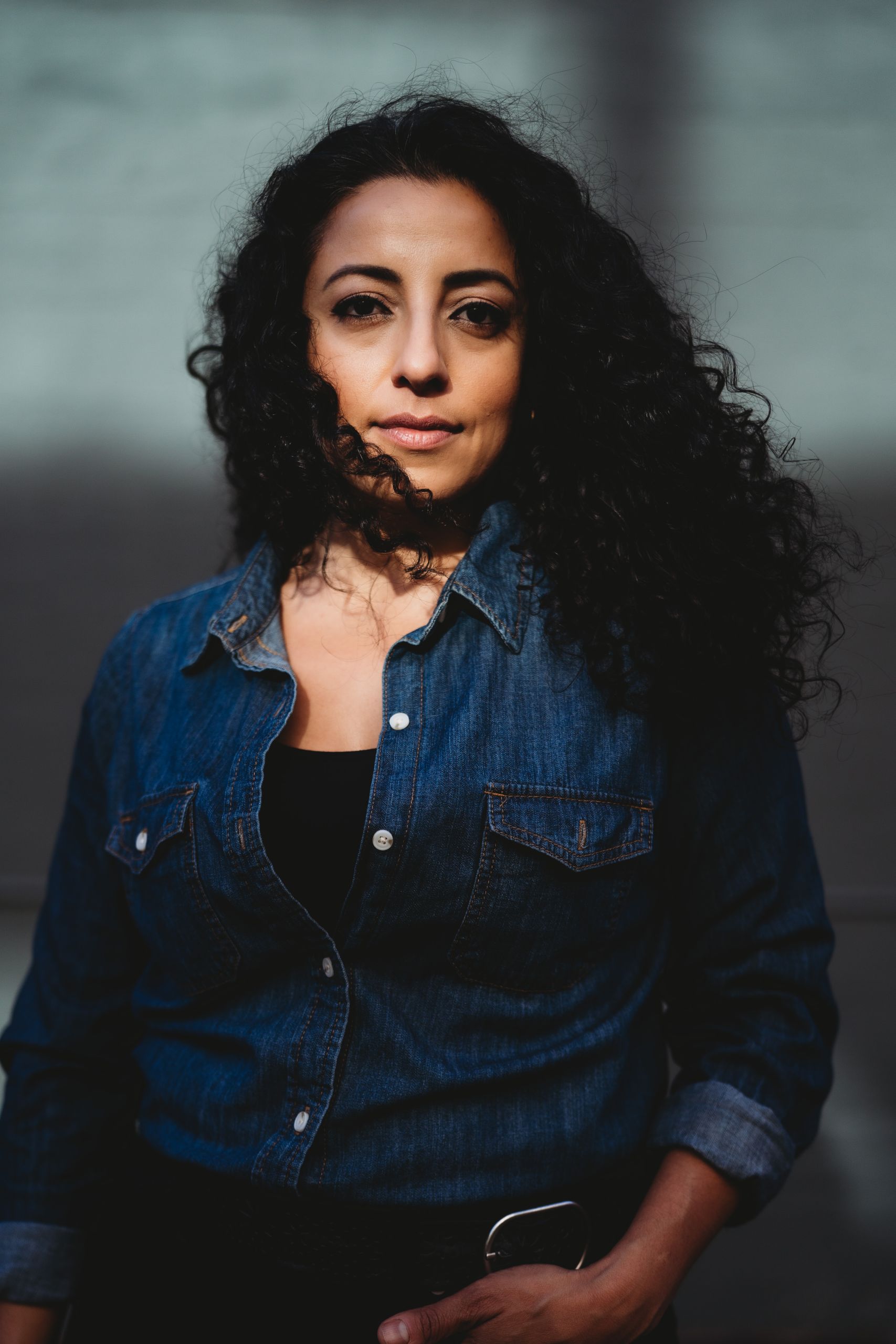
Denmo Ibrahim is an American playwright, actor, screenwriter, children’s book author, and educator of Egyptian descent. Her plays include Arab Spring, BABA, The Weight of an Orange, and Zaynab’s Night of Destiny. Her work has been produced and developed by Round House Theatre, Capital Stage, Williamston Theatre, Marin Theatre Company, Noor Theatre, The Civilians R&D Series, Amphibian Stage, Alter Theatre, Shotgun Players, Golden Thread, and Crowded Fire. Regional acting credits include Berkeley Repertory, The Old Globe, Seattle Repertory, American Conservatory Theater, and CalShakes. Denmo is a two-time recipient of the San Francisco Bay Area Theatre Critics Circle Award and Theatre Bay Area Award. She is a finalist for the 2025 Princess Grace Award, SPACE at Ryder Farm, the O’Neill National Playwrights Conference, the Rainin Fellowship, and the Sundance Theatre Lab. Her audio-immersive children’s book Zaynab’s Night of Destiny toured 25 public schools in Kentucky with support from the Doris Duke Foundation for Islamic Arts. She holds an MFA in Lecoq-based Actor-Created Physical Theater (Naropa University) and a BFA in Acting (Boston University). denmoibrahim.com | zaynabbooks.com
For most of my life, I’ve balanced multiple careers as an artist and entrepreneur. I founded four companies—including a performance company, day spa, skincare line, and online meditation community—while also working in regional theatre as an actor and playwright. Last November, I sold my businesses to devote myself fully to writing. Being selected for the AGE Legacy Playwright grant would offer exactly the kind of support I need at this stage: not production, but connection. I’m ready for deeper artistic growth, and this grant would allow me to travel to NYC, Minneapolis, Chicago, and Milwaukee to build relationships, attend readings, and expand visibility for my work. It would also support early development for new plays, including readings, workshops, and studio time with collaborators. I could take a month-long retreat to finish a first draft. I have momentum and an agent, but I’m still shaping my process—and that deepens most when I’m in the room with other artists, on a deadline, making something together. This grant would help move my work from page to stage, and support my evolution from solitary writer to connected theatre-maker.
Anya Pearson is an award-winning playwright, poet, screenwriter, actress, and activist. A ‘21-22 Hodder Fellow at Princeton University, she was a finalist for Juilliard’s Lila Acheson Wallace American Playwrights Program (2023), for the George A. and Eliza Gardner Howard Foundation Fellowship in Playwriting at Brown University (2020), and the National Black Theatre’s Playwriting Residency (2019). Her plays include: THE MEASURE OF INNOCENCE (The Kilroys List, Drammy Award, Finalist: Oregon Book Award), MADE TO DANCE IN BURNING BUILDINGS (Showcase: Joe’s Pub, NYC; STT), THE KILLING FIELDS (2018 Orphic Commission; Seven Devils New Play Foundry; Great Plains Theatre Conference, NY Classical), WITHOUT A FORMAL DECLARATION OF WAR (PCS Commission, Seven Devils, JAW, Great Plains), BUTTERFLIES EAT DECAY (The Road Under Construction Cohort 4, Linestorm Playwrights Go Play Outside), THREE LOVE SONGS (Play at Home Initiative, PCS). She is the Artistic Director of We Are Urban Haiku, an online writing center and community that works to actively decolonize writing pedagogy and practice while increasing accessibility and centering the global majority. A spoonie. A survivor. A single mother. A body alive with multiple nexuses of marginalized identity and sediments of trauma, she is a fierce advocate for survivors of sexual and domestic violence, BIPOC folx, the chronically ill, those with rare diseases, and the disabled. She is currently writing a four-play cycle reimagining the Oresteia through an African-American lens, her memoir, a novel, two pilots, a short and a feature, and constantly plotting, planning, devising, creating, imagining, and revising visions of a better, more just world. www.anyapearson.com
For Cly, the news of her husband’s early release from prison threatens to unravel everything she’s worked for. Set in East Oakland during the 1980s crack epidemic, The Killing Fields re-imagines the story of Agamemnon through one mother’s epic struggle to rescue her daughter. The Clytemnestra Cycle is a reimagining of the epic Greek myth, The Oresteia, through an African-American lens. Spanning 50 years, 4 different presidential administrations, and several major historical events, the cycle follows a Black family through the years as they grapple with love, death, justice and the weight of generational trauma. Further, the cycle interrogates the FBI’s involvement in the suppression of Black liberation through COINTELPRO, the CIA’s involvement in flooding Black communities with crack/cocaine, the War on Drugs, the resulting rise of mass incarceration and systemic injustice, the legacy of slavery and anti-Black rhetoric that continues in the present day.
This grant would make a profound difference in my life as an artist by giving me the gift of space and time—something that has been especially scarce this past year. After my daughter endured a horrific bullying situation, I made the difficult decision to withdraw her from school and homeschool her myself. While I do not regret that choice, it demanded nearly all of my energy and time, leaving little space for my own artistic practice. Now that my daughter has found a safe and supportive new school, paying off the remainder of her tuition would mean more than financial relief; it would restore to me hours each day that I can dedicate fully to my craft. As a single mother living with chronic illness, I understand intimately that time is a precious and limited resource. Every moment I can reclaim for writing, creating, and imagining is invaluable—not only for my own growth but also for the stories I want to bring into the world. This grant would allow me to move forward on drafting the next play in the Clytemnestra Cycle without the constant pressure of juggling financial strain, caretaking, and survival. It would create the conditions for me to write with focus, rigor, and freedom. Most importantly, it would affirm that my work has value and deserves investment. Receiving a major grant, like this one, from such an incredibly prestigious institution like AGE would be life changing. With each opportunity gained, especially one as prestigious as a this, comes more exposure, more access, more opportunity, more ability to empower and uplift a wider range of people, more ability to effect large-scale change in the world. There is power in being recognized for your achievements and for the promise of what you are destined to become.
anya pearson
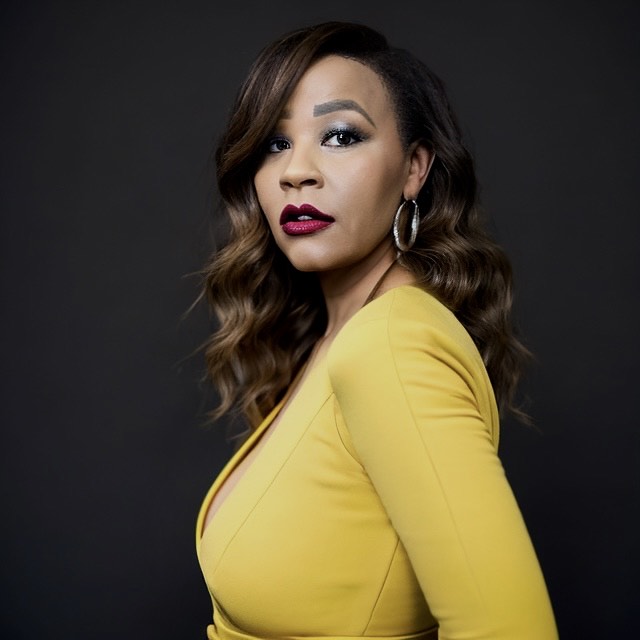
lee cataluna
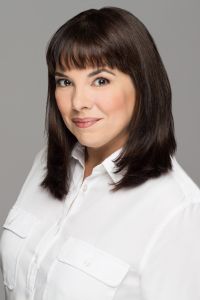
Daddy, a Native Hawaiian elder, is brought by emergency helicopter from his home island to a hospital on Oahu. He is a tough old guy, but very sick with complications of unchecked diabetes. He is afraid he will die in the big city and that his spirit would be stuck in Honolulu forever. Daddy is very upset to find out that he is sharing a hospital room with Tati, who identifies as māhū, the Hawaiian concept of queer or third gender. Daddy carries the unchecked bigotry common to his generation, and he lets fly all sorts of homophobic slurs. Tati is much younger than Daddy, has had a hard life, and is an equal match to Daddy’s insults. But the two must spend long hours together dealing with pain and the fear they might never get better. They come to rely on each other for company, comfort, and encouragement. Daddy turns to traditional Hawaiian storytelling as a distraction from the pain, drawing Tati into an unlikely friendship. I come from a culture that believes stories have the power to heal, where poetry is a part of informal speech, and where people have understood the concept of “chosen family” since ancient times. Daddy, in the end of his life, returns to the ancient understanding of his heritage.
The ALP grant will allow me to approach theaters with this play with funding in place to bring in a wonderful actor, Wil Kahele, to play Daddy. Wil is in his 60s, he’s Native Hawaiian, and though the character is straight, Wil is queer. The grant will allow me to share my success with an artist I greatly respect and to take this story outside of its hometown to larger cities and different audiences. Also, as the saying goes, nothing succeeds like success, and a grant like this would open doors to other opportunities to me as writer.
2025 Finalists

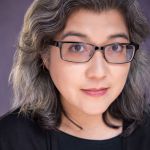
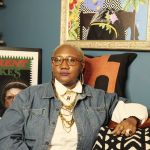
2025 semi-Finalists
Carolyn Dunn
Melody Erfani
Carolynne Wilcox
June Carryl
LJ Morizono (Lesli-Jo Sawada)
Nikki Brake-Sillá
Penelope Lowder
Margaret Hernandez
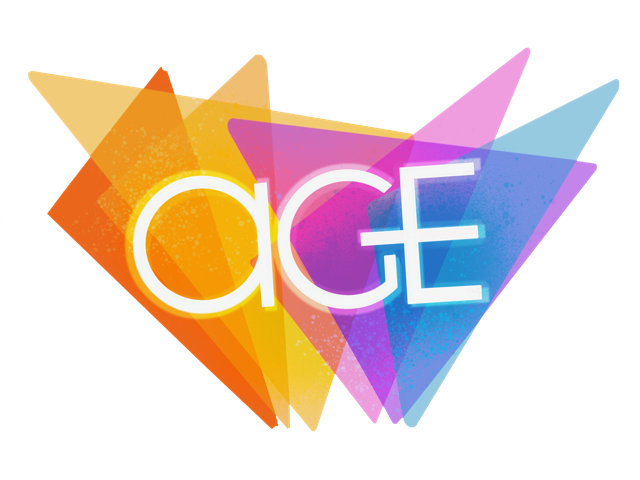
- Address:
- AGE in the Arts
- PO Box 10532
- Portland, OR 97296
- Email: info@ageinthearts.org
- Phone: (503)-482-8626
© Copyright 2022 AGE in the Arts